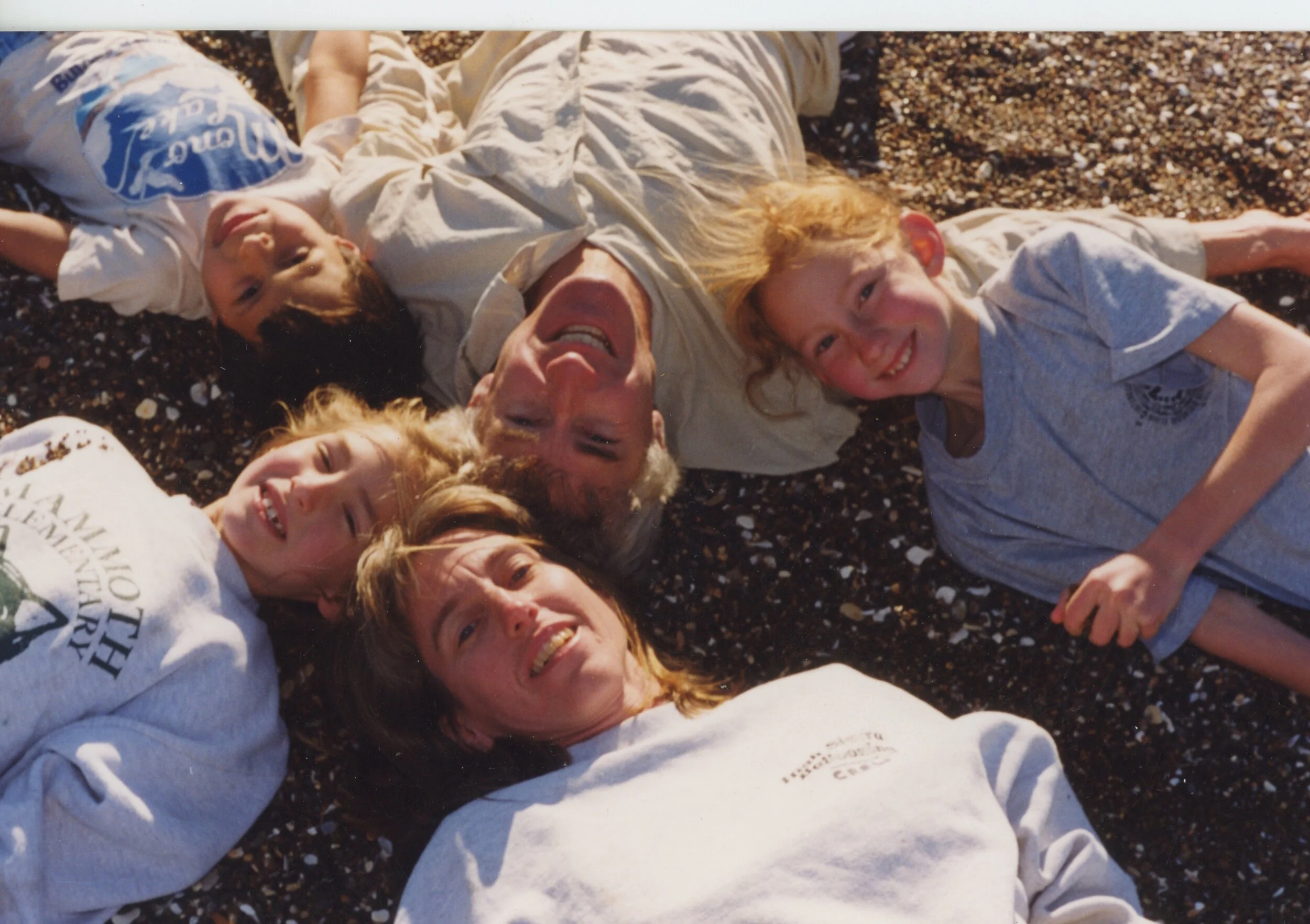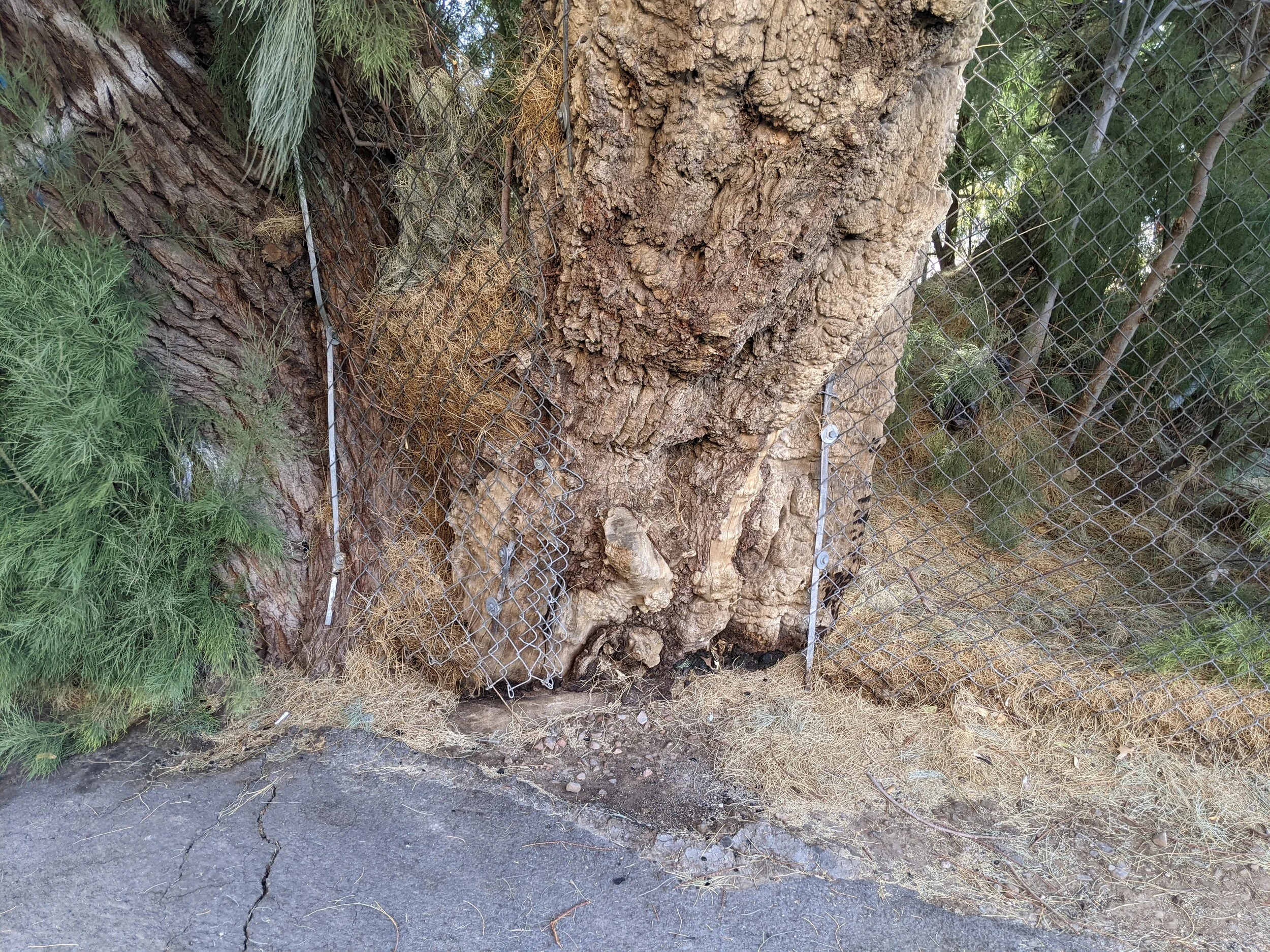By Jagada Chambers
During the 80th legislative session in Nevada, state legislators made good on a quest that dates back decades. Efforts to change the reality for Nevada’s disenfranchised voters succeeded with the passing of Assembly Bill 431. The bill enabled all formerly incarcerated individuals to partake in our election process by casting a vote. The legislation changed the course of my life immediately, leading to a Rights Restoration Coordinator position with Silver State Voices and substantiation in my belief that voting can change things.
By Staff of Nevada Humanities
Nevada Humanities is pleased to announce the opening of the Nevada Humanities Major Project Grants that are part of the FY2022 Nevada Humanities Project Grants to Support Public Humanities Projects. These Major Project Grants, which fund projects and organizations across the state, have a public humanities project focus and will support public humanities projects that range from one month to one year to implement.
By Caitlin C. Earley
I spend a lot of time in the past. Between my research on ancient American Indigenous art and teaching art history classes at the University of Nevada, Reno, (UNR), my head is anywhere from 3000 BCE to the present. My students are sometimes reluctant to meet me there. I find this is particularly true when it comes to the art history survey. You may know this particular animal: a survey of art from the past to the present, often divided into two semesters.
By Caesar Andrews
Ever since the American rendition of Antiques Roadshow debuted on PBS in 1997, proud possessors of old furniture, art, jewelry, and quirky collectibles have queued up to present their wares to appraisers. Some owners discover that their belongings, believed to be exquisite treasures, actually are not worth much. Others hit the appraisal lottery, lighting up with glee when estimates of their artifacts match or exceed expectations. During the current national period of civic, cultural, and political restlessness, this long-running TV staple is an instructive point of reference for assessing the state of democracy.
By Anh Nguyen Gray
My mother would be in her early 70s now if she were still alive. But, instead, she died five years ago. It's a bit painful when I see older Asian women the age she would be today. They remind me of her; more so, they remind me of her absence. There's rarely a day that goes by that I don't think about my mother. Lately, I think of her more than usual, but the twinge of pain is different. Stories about violence against Asian Americans and Pacific Islanders (AAPI) have made me more reflective about my family.
By Staff of Nevada Humanities
The Online Nevada Encyclopedia (ONE) is a free and easy-to-use multimedia educational resource that enables anyone, anywhere with online access to learn more about our Silver State. The ONE is widely used by Nevada educators in K‐12 classrooms and parents to bring Nevada’s history and culture to young people, as well as by the general public. ONE's scholarly, peer-reviewed articles have something of interest for all age groups, making it a convenient, online resource to supplement your homeschooling needs or dig deeper into all things Nevada.
By Harrison Blackman
Paul Revere Williams (1894–1980) may have been one of the most prolific architects in 20th century Los Angeles, but as the story goes, he often found the need to make his prospective clients more comfortable. So that his clients might sit across from him at his desk, the architect learned to sketch upside down.
By Dr. Elwood Schmidt
Each evening as I sit at the kitchen table my view is of the Virginia Range. For 26 years I have watched the light and shadows on the ridges and gullies of the Virginias sharpen, soften, then fade into darkness and change with the seasons.
By Kimberly Roberts
Every photograph is a contradiction: while photography captures an exact moment in time, that moment is always subject to interpretation. Images are neither static nor frozen, but constantly shifting, always dependent on context, difficult to pin down. One way to break through this is to distinguish between two ways of approaching the photograph: to try to reconstruct a photograph in history, to try to unlock its original intent; and to try to understand it through history, to analyze its changing contexts over time.
By Kendra Atleework
Each morning I wake up in a yellow bedroom in a sun-bleached town. My bedroom has three windows: one facing north toward the fairgrounds, toward Highway 6 and the dry Chalfant Valley and Nevada beyond; another facing east toward the White Mountains, ancient and almost bare of trees. The third looks south, toward the giant liquidambar that greets the wind and flails its branches in my yard. Not far beyond, just past the roof of the elementary school, is the room where I was born.
By Heather Korbulic
There’s a stereotype about bureaucrats that I hate. It basically says that they are lethargic, lazy, and unresponsive, and even the term itself, bureaucrat, is used as a pejorative. As someone who has spent 13 years leading and innovating with my fellow bureaucrats in Nevada, I have felt nothing but a persistent and heavy sense of urgency to address the needs of the citizens that I serve. Never once have I felt relaxed or bored.
By Dr. Albert R. Lee
In difficult times it is often challenging to find silver linings in the clouds that surround us. As we entered the summer of 2020, not only were we facing a global pandemic, but we were also confronted with an incident, actually multiple incidents, of police brutality that forced us to grapple with what we had long ignored as a country. In addition, I was providing care for my ailing mother after a major health crisis.
By Luis Soto Jr.
Not everyone was able to experience the outside world every day. Those who did were our essential workers. As they experienced the pandemic firsthand, we were in the dark, living life inside a bubble, watching from windows or from screens. We would look from different points of view captured on camera.
By Caitlin McCarty
Recently, I read an article written in 2010 by Dacher Keltner about human touch. Keltner starts the article writing, “A pat on the back, a caress of the arm—these are every day, incidental gestures that we usually take for granted...” Keltner goes on to express the importance of human touch and how it connects us, how it is “our primary language of compassion, and a primary means for spreading compassion.”
By Heather Lang-Cassera
In the earlier months of the pandemic, I found myself irresistibly drawn to writing pantoums. The second and fourth line of each stanza were repeated as the first and third of the following quatrain. The last line of each poem was the same as the first. At the time, I did not understand my fascination with the form, especially its cyclical spirit, but looking back, my fixation makes sense.
By Shaun T. Griffin
in memoriam, Lucy Bouldin
She was a coyote howling the broken stars from their orbit—
peripatetic, haunted, hunted for being black in a white town.
For most of the night they came, a pack outside her door
to squeal the notes for a librarian in a white town.
What looked like hope lost on a journey to open books—
this diminutive dancer broke with convention in a white town.
By Emilee Wirshing
exit your body
close the doors & light only a solitary candle
you are the ghost in this home
invalid, swollen brain, you see
the impossible curling of ordinary objects
the aura is not an oracle but somewhere
By Ashley “Ms. AyeVee” Vargas
Poetry has always been my safe haven. Handwritten poetry journals filled cover to cover lined many of my bookshelves, but behind my cursive lines I secretly dreamed of seeing my words printed in bold ink on smooth pages.
By Erin Geiger Smith
The 2020 election was, to put it mildly, one for the history books. But with it, its months-long controversies, and a harrowing January attack on the U.S. Capitol behind us, we can take a nice, long break from thinking about voting, right? I regret to inform you that is not the case. The laws that lead to voter suppression, or, in the best case, smoother elections and improved access to the polls, are passed between elections. For new voting laws, 2021 has also turned out to be one for the history books.
By Kurt Rasmussen
At the fiction writer’s group they keep telling me
not to write adverbly because it is very bad.
They heard it somewhere and it’s a rule now.
This news brings something in the mountains of my brain
to howl out wolfly lone across a precipice, knowing
that I am closetly an adverb myself. I want to stick up




















